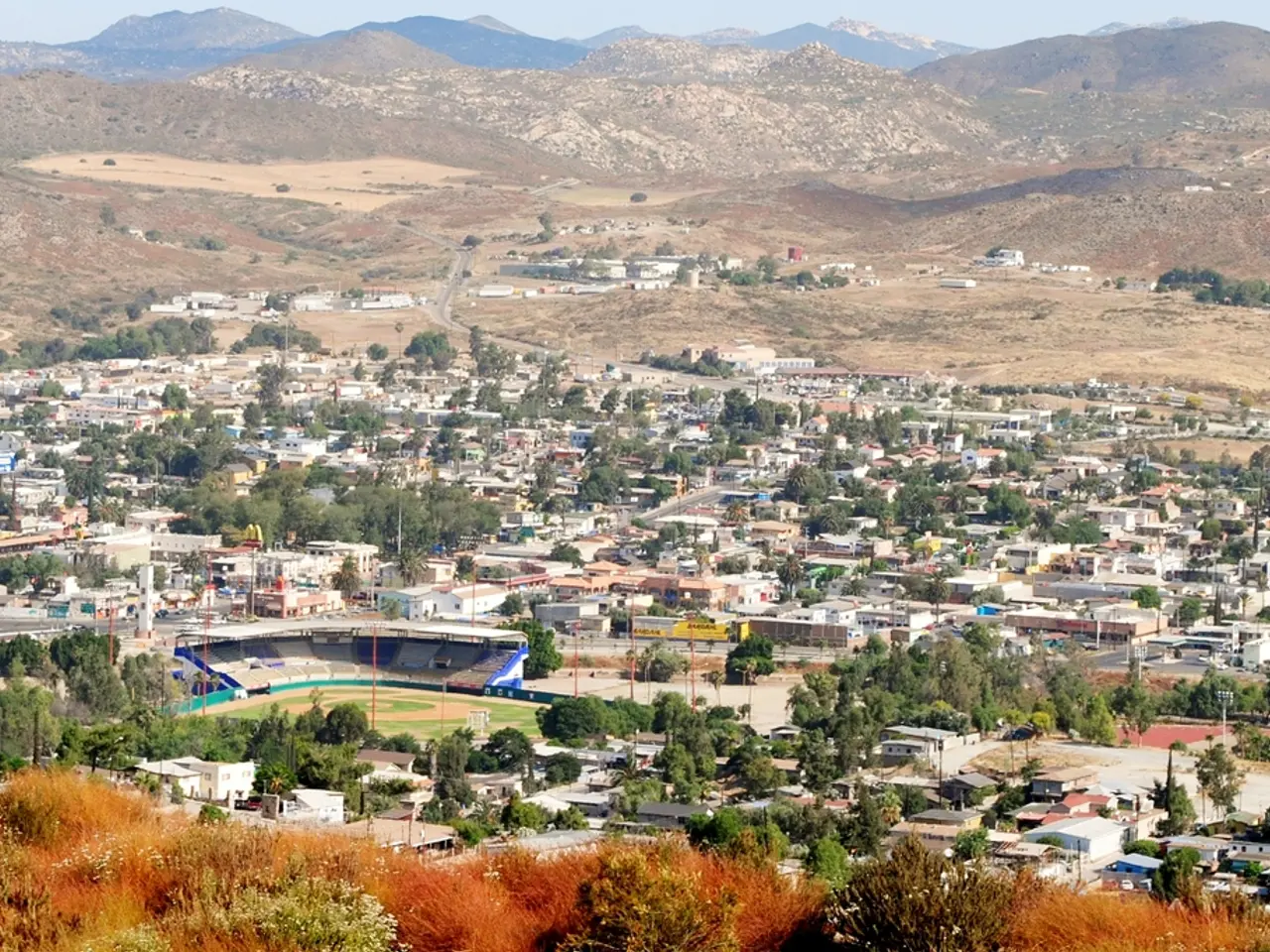Financial instability could be imminent due to escalating climate change impacts.
In recent years, the world has witnessed an alarming increase in extreme weather events, with devastating consequences for both the real estate market and the broader financial system.
### Impact on the Real Estate Market
Climate risks such as floods, wildfires, and hurricanes are leading to a decline in property values, particularly in high-risk areas. This is due to the process of capitalization, where environmental risks are often not fully captured immediately in home prices. When risk is underestimated, it creates a gap between perceived and actual vulnerability, distorting asset values.
Another significant issue is insurance and underinsurance. The housing market relies heavily on insurance to manage climate risks. However, many homeowners facing increasingly frequent and severe climate events are uninsured or underinsured. Rising insurance premiums communicate heightened risks but also strain homeowners financially, leading to volatile housing markets and reduced affordability.
Homes are immovable assets, meaning homeowners cannot easily relocate to safer locations. This amplifies the economic vulnerability of homeowners and the real estate sector to climate-related events, potentially causing long-term negative impacts on local economies and housing markets.
Shifts in investment strategy are also occurring in the commercial real estate sector. Investors now face structural uncertainties not only from climate risks but also from geopolitical tensions, inflation, and changing interest rates. This encourages more selective investment in resilient sectors such as digital infrastructure, multifamily housing, and logistics, which are seen as better able to withstand economic and environmental shocks.
### Impact on the Broader Financial System
Real estate and infrastructure, core components of the financial asset base, are highly exposed to acute physical risks like wildfires, floods, and storms. The growing frequency and severity of these events lead to escalating losses, which were over $400 billion globally in 2024 alone.
As climate-related physical risks intensify, they threaten financial stability by undermining asset valuations, increasing default risks on mortgages, and stressing insurance companies and governments providing disaster aid. The complex interaction between climate risk, insurance markets, and homeowners’ financial resilience can amplify these systemic risks.
Policy and transition risks are also a concern. While earlier investor attention focused on transition risks (policies to cut emissions), recent shifts have highlighted the urgency of physical risks. Delays or regressions in climate policy increase the likelihood of severe physical climate impacts occurring sooner, magnifying risks to financial markets and requiring urgent adaptation in investment strategies.
Accurate valuation that integrates climate risk is critical. Mispricing risks can lead to bubbles or sudden market corrections. Financial institutions and investors are increasingly pressured to incorporate climate physical risks into their models and portfolios to mitigate potential systemic shocks.
In conclusion, extreme weather events due to climate change erode property values, increase insurance costs, and heighten market volatility in real estate, while also posing significant systemic risks to the financial system through asset devaluation, credit risk, and insurance market instability. These challenges demand more sophisticated risk assessment, resilient investment strategies, and policy responses to safeguard economic and financial stability.
The Financial Stability Board warned in January about the consequences of "climate shocks" and their potential to trigger systemic risks. Investor legend Warren Buffet also predicted a "truly catastrophic insurance loss" due to climate change in his shareholder letter last year. As the frequency and severity of extreme weather events continue to increase, it is crucial for governments, financial institutions, and individuals to take action to mitigate these risks and ensure a stable and sustainable future.
- The community should implement policies that address climate-change, considering the immediate impact on employment as the real estate market suffers a decline due to increased climate risks.
- In the face of escalating climate-change risks and extreme weather events, industry leaders need to invest in environmental-science to understand and mitigate risks in the employment sector, particularly in the real estate and finance industries.
- Science suggests that climate-change poses a threat to the stability of the financial system, as industry and real-estate sectors are vulnerable to acute physical risks, such as floods and storms, causing economic losses that exceed $400 billion globally in a year like 2024.
- To safeguard the economy and financial stability, it is imperative for employment policy to be aligned with the science of climate-change, recognizing the need for action to adapt to and mitigate the effects of climate-change on the real estate market and broader financial system.




